The Elements of English
Published by Rowman & Littlefield
A wholly owned subsidiary of
The Rowman & Littlefield Publishing Group, Inc.
4501 Forbes Boulevard, Suite 200, Lanham, Maryland 20706
www.rowman.com
Copyright 1988 by Stan Malless and Jeff McQuain
First Rowman & Littlefield paperback edition 2014
All rights reserved. No part of this book may be reproduced in any form or by any electronic or mechanical means, including information storage and retrieval systems, without written permission from the publisher, except by a reviewer who may quote passages in a review.
Library of Congress Cataloging-in-Publication Data Available
ISBN 13: 978-1-4422-4195-4 (pbk: alk. paper)
Printed in the United States of America
Malless, Stan, 1947
The elements of English : a glossary of basic terms for
literature, composition, and grammar / Stan Malless, Jeff McQuain.
p.cm.
Rev. and expanded ed. of: A handlist to English. 1986
Bibliography: p.
Includes index.
1. English philologyTerminology. 2. LiteratureTerminology.
3. English languageRhetoricTerminology. 4. Rhetoric
Terminology. 5. English languageGrammarTerminology.
I. McQuain, Jeff, 1955. II. Malless, Stan, 1947 Handlist of
English. III. Title
[PE31.M35 1988]
801.4dc 19 88-5149 CIP
 The paper used in this publication meets the minimum requirements of American National Standard for Information SciencesPermanence of Paper for Printed Library Materials, ANSI/NISO Z39.48-1992.
The paper used in this publication meets the minimum requirements of American National Standard for Information SciencesPermanence of Paper for Printed Library Materials, ANSI/NISO Z39.48-1992.
To Norine Wolf and Genetta McQuain
Acknowledgments
We thank the following people for their selfless giving of time, advice, and encouragement: Betsy Butler, English teacher, Richard Montgomery High School, Rockville, Md.; Thomas F. Cannon, Jr., Assistant Professor of Literature, The American University, Washington, D.C.; Marguerite Coley, English and drama teacher, Winston Churchill High School, Potomac, Md.; Lynda Foro, editorial director, Words From Home, Phoenix, Ariz.; Hans Gaussman, English teacher and department chairperson, Seneca Valley High School, Germantown, Md.; Rikki Hall, former student, Seneca Valley High School; Linda Henke, Curriculum Director, West Des Moines Community School District, West Des Moines, Ia.; Todd Lieber, fiction writer and Professor of English, Simpson College, Indianola, Ia.; George C. Malless, Specialist in Guidance, Maryland State Department of Education, Baltimore, Md.; Phyllis Parks Malless, poet, editor, devoted wife, and English teacher, Stilwell Junior High School, West Des Moines, Ia.; Rosamond Kent Sprague, Professor of Philosophy, University of South Carolina, Columbia, S.C.; Mary Tonkinson, The Shakespeare Quarterly, The Folger Library, Washington, D.C. We are indebted to these colleagues and friends for the strengths of this book; for its weaknesses we are solely responsible.
Preface to the Second Edition
(The Elements of English: A Glossary of Basic Terms for Literature, Composition, and Grammar)
Since the summer of 1986, when this book first appeared as A Handlist to English: Basic Terms for Literature, Composition, and Grammar, two books on American education have become bestsellers: Cultural Literacy by E. D. Hirsch, Jr., and The Closing of the American Mind by Allan Bloom. They are the latest in what has become, during the 1980s, a serial indictment of American education generally and American education curricula specifically. Although both books have helped us to better understand our suspicions that American education may be, in some ways, out of focus, Professor Hirschs thesis proved particularly to be attuned to our own idea for A Handlist. He maintains that learning is based upon cultural literacy or a shared national vocabulary. Our attempt to develop such a core vocabulary, however, was aimed at the English classroom, whether traditional or whole language, and its interrelated areas of literature, composition, grammar, and discussion.
We interviewed students and teachers from elementary and secondary schools and from colleges and universities; researched glossaries, handbooks, textbooks, and curriculum guides; and reviewed our own combined teaching experience in public schools (remedial and average-level literature, composition, and grammar courses, as well as sections of gifted and talented, honors, and advanced-placement students) and in colleges and universities (composition and literature courses). Our objective was to compile a list of basic terms for literature, composition, and grammarcommon, non-specialized terms that most students from 7th grade to 12th grade, regardless of ability grouping, would have been exposed to and expected to be familiar with by graduation from high school.
This revised edition has enlarged upon that objective in three specific ways. First, we reconsidered each definition and revised as necessary to insure that every definition is the one most commonly taught. Second, to supplement our original core vocabulary, we includedas main entries, sub-entries, or examplesappropriate terms, names, and expressions that Professor Hirsch has included in his What Literate Americans Know, A Preliminary List. (Most of the language-arts terms on that list were included in our original Handlist.) Third, to make this book more useful in the classroom, we have included sections on basic rules for capitalization and punctuation. We have also added a list of those works we consulted.
Stan Malless
Jeff McQuain
October 1987
Preface to the First Edition
(A Handlist to English: Basic Terms for Literature, Composition, and Grammar)
As teachers of high school and college English, we have been made uncomfortably aware each year of the need for A Handlist to English: Basic Terms for Literature, Composition, and Grammar. Unfortunately, many current glossaries cover only one area of the language arts: literature or composition or grammar; these glossaries tend to be lengthy and complicated, often leaving students confused. Therefore, our purpose was to compose a handlist of brief yet precise definitions for the basic terms in all three areas of the high school and introductory college English curriculum.
That purpose guided the working strategy for our Handlist. We researched the current English language-arts textbooks, curriculum guides, handbooks (both in and out of print), and dictionaries. Also, we consulted a representative cross-section of both students and teachers (Grades 8-12 and introductory college level) to select only those terms that are required of the majority of high school students as well as college freshmen. We then wrote an original definition for each term. In every definition, we tried to strike a balance between keeping the entry concise and explaining the term clearly. Five years ago, we began this Handlist, well knowing that definitions are never unanimously accepted but that definitions are always unanimously needed.
As convenient for students as a classroom handout, our Handlist is comparatively brief. Thus, it will be very helpful as a means of quick review for both the desperate student before test time and the perplexed parent at homework time. To expedite that quick review even further, we have added an index that lists alphabetically not only the basic terms but also some of the not-so-basic terms that we found necessary to include within the main entries.


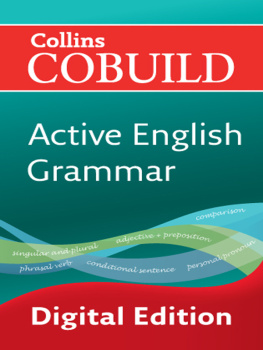
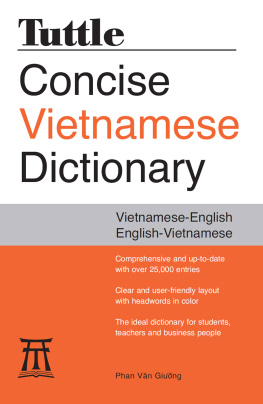
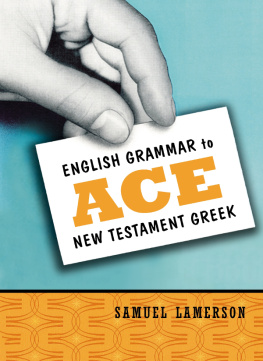
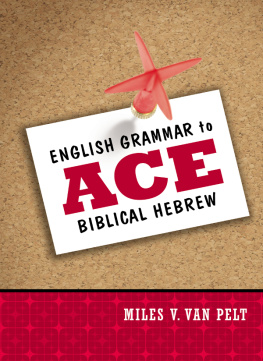
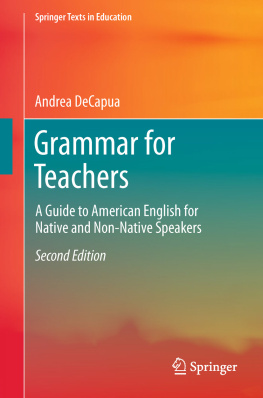

 The paper used in this publication meets the minimum requirements of American National Standard for Information SciencesPermanence of Paper for Printed Library Materials, ANSI/NISO Z39.48-1992.
The paper used in this publication meets the minimum requirements of American National Standard for Information SciencesPermanence of Paper for Printed Library Materials, ANSI/NISO Z39.48-1992.